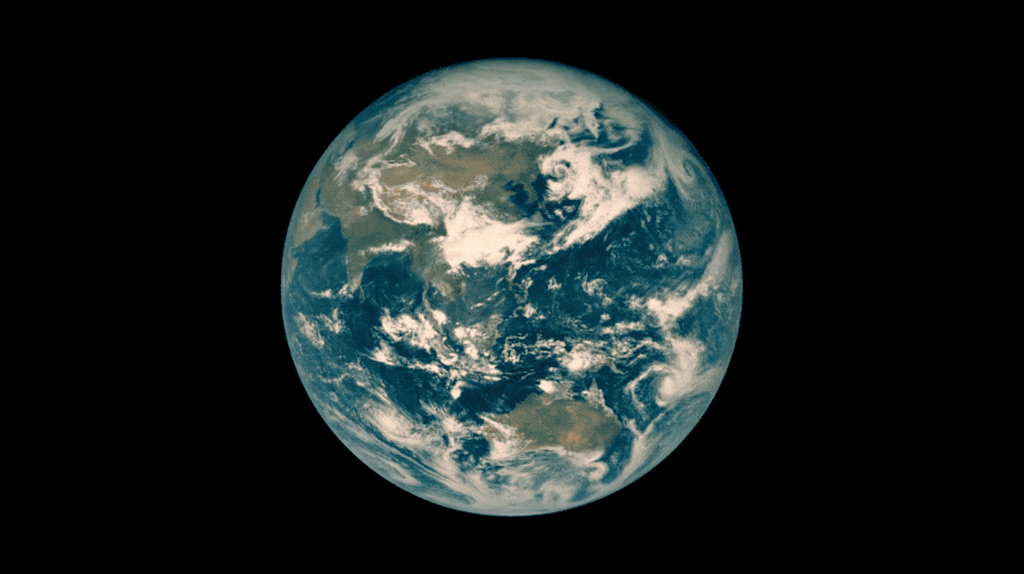
"Earth will spin faster on July 9, July 22, and August 5, taking approximately 1.3 to 1.51 milliseconds less than the usual 24-hour period."
"The moon's gravitational pull impacts Earth's spin, with its distance from Earth's equator affecting rotation speed on specific days."
"The northern hemisphere's greater land mass affects Earth's rotation, especially during northern summer when trees grow leaves and mass shifts upward."
"Climate change has generally slowed the Earth's rotation significantly, notably due to the melting of polar ice caps impacting the rotational speed."
The Earth’s rotation will increase on July 9, July 22, and August 5, causing a reduction in the daily period by 1.3 to 1.51 milliseconds. Factors influencing this speed include the Earth’s mass and its relationship with the moon, particularly its gravitational pull. During these days, the moon will be at a significant distance from the equator, contributing to the change. Additionally, climate change has generally slowed the Earth’s rotation due to melting polar ice caps, affecting rotational dynamics.
Read at Fast Company
Unable to calculate read time
Collection
[
|
...
]